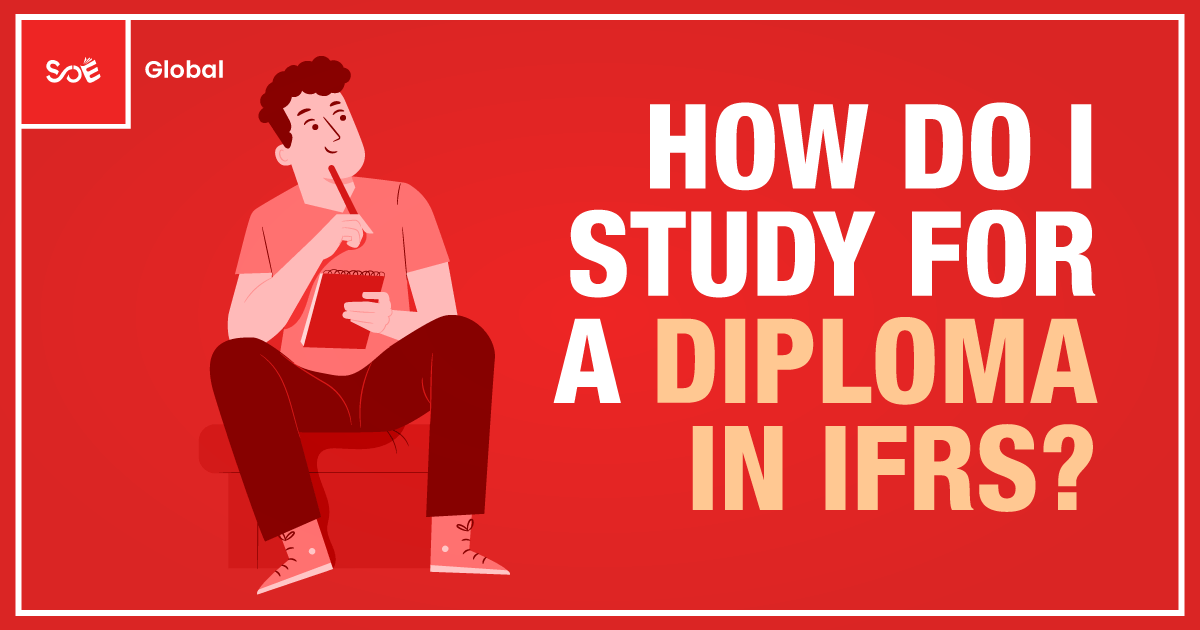How do I study for a Diploma in IFRS?
Financial reporting standards are crucial for every organization across the globe! A diploma in IFRS is the door to enter the world of corporate finance because the art of balancing the sheets and ledgers should not only be learned but also be enjoyed! The primary objective of the Diploma in IFRS course is to offer qualified accountants or graduates, with the prevailing and key International Financial Reporting Standards in a practically knowledgeable methodology according to the relevant country specifications.
How can you crack this important 3-hour exam of 100 marks? Read on…
Structuring the study plan
As cliché as it sounds, planning becomes the first step even while preparing for your exams – because that gives you the confidence to take things in your pace. Ensure you have all your resources in hands – books, reference materials, necessary online sources. Divide the total number of modules and schedule according to your convenience – say 2 modules a week! Also, structure the study plan in such a way that you have 5 weeks before the exam for revising the whole syllabus.
Quiz it up
‘All study and no quiz’ can make your preparations go dull. A quiz comes in as a motivating factor to test your knowledge and revisit the questions that you have not attempted or given wrong answers. It will provide you with the opportunity to rectify the mistakes by comparing your answers with the key solutions and learn those concepts that you might have missed out. It is better to take up a quiz at the end of every module or unit to test your understanding.
Mix and Read
While you plan, give a detailed time table for the modules based on their difficulty level. Let the weeks in your study chart be glowing with vibrant colours depicting different modules. If you are going with two modules a week – pair an easy and difficult one such as inventory and tax. This will keep you light-headed and help to complete your schedule on track. But before mixing it up, get your basics right, as you don’t want to get stuck in between. For example, understanding elements of financial statement will help you in preparation of business reports. Also, never put a hold of the theoretical concepts – they are as important as its numerical counterpart.
Understanding the Exam Format
The pattern of the exam will be Q1 – Groups Question and Q2-4 – Scenario Questions each carrying 25 marks. To get accustomed to the timing and type of questions, take up as many mock tests as possible to solve them well under the stipulated duration and give yourself time to go through once done. Because practice makes a man perfect!
Few Final Pointers:
- Do not procrastinate or sway away from your study plan.
- Practice as much as you can.
- Attempt every single question given.
- Comprehend the basic structure and framework of IFRS.
- Understand the financial statement formats exhaustively (Your Q1 will be based on this)
- Stay updated with the ongoing financial trends & standards.
- Seek guidance from your mentor whenever you feel stuck during your preparations.
